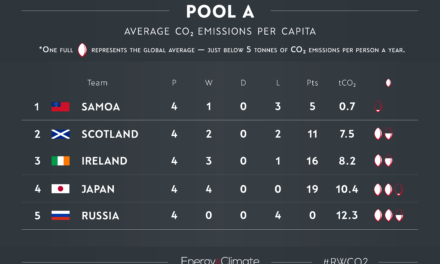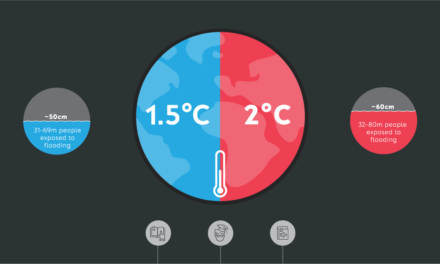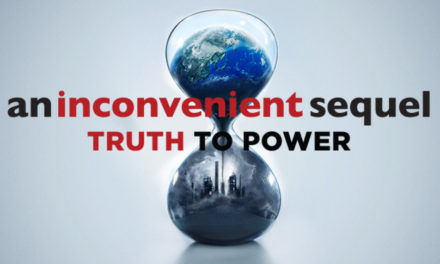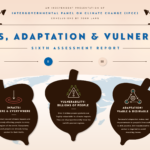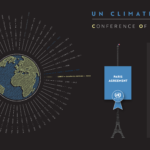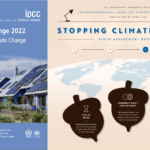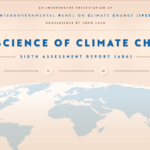The Most Qualified Doctor in the World (Climate Change)
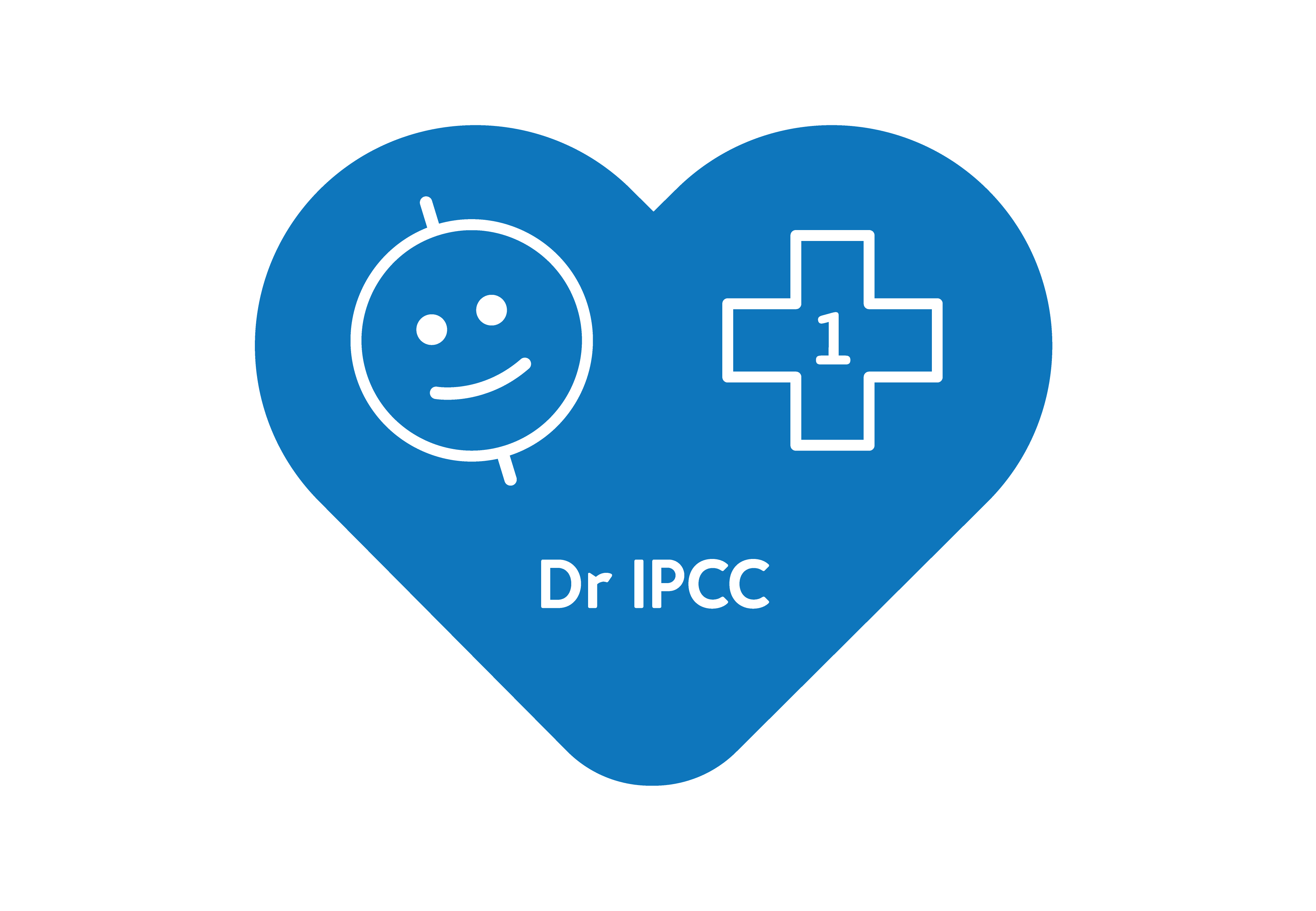
Bluey’s been feeling blue. So, on the advice of the doctor, he’s taken it upon himself to visit nine specialists—all experts in their respective ‘planetary-boundaries‘. Bluey wants to find out exactly what’s going on.

For more context generally and a description of why we’re doing this series, check out ‘My Climate Change Metaphors‘.
____
Bluey here,
Despite there being a birthday party for me yesterday, I was instead seeing the climate specialist about my first planetary boundary. I wouldn’t have traded the appointment in for the world either, even in light of the not-so-promising test results. Before we get to all that though, I’ve got to tell you about the specialist Doc referred me to.
My Specialist
Dr IPCC could be the most experienced doctor ever. She’s only 28 years old, speaks all major languages, has PhDs in every field of earth sciences (not to mention all the traditional and social sciences) and has over 100 different passports to her name.
More incredibly, she isn’t even working today. She’s taken the day off to volunteer talking me through my results. That’s not all. Before I even arrived for the appointment, she’d already taken my temperature and a load of other “equally important” tests. Who was this woman?
Shortly after arriving, I was escorted into the examination room and asked to listen as intently as I could to what Dr IPCC had to say. I’ve summarised it all for you below.
Climate Background
Feeling compelled to first provide me with some climate context, Dr IPCC introduced me to one of her nurses, Professor Mackay. He patiently went through the underlying reasons why my temperature has varied over all these years. It was fascinating:
1) The path I take when I stroll around the Sun (Sunny) varies slightly each year, as do the body parts I expose to it.
Nurse Mackay calls this the ‘Milankovitch cycles’ or ‘orbital forcing’, and says it was named after the Serbian scientist who studied how I walked a century ago. Yeah, right. He broke the concept down into its three interrelated elements:
- The path I take when I walk around the sun (‘eccentricity’); ~100,000 year cycle
- The angle of my body as I walk around the sun (‘obliquity’); ~41,000 year cycle
- The direction of my head at any given point (‘precession’); ~21,000 year cycle.
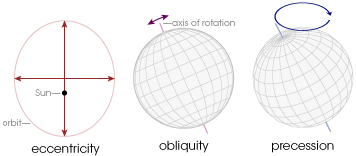
Milankovitch Cycles (Source: NASA)
2) The amount of energy emitted from Sunny that hits my body.
The nurse calls this ‘solar variability’. It’s about how Sunny’s ‘total solar irradiance’ (TSI)—which varies slightly depending on Sunny’s 11-year solar cycle—interacts with my atmosphere between my skin and my clothes (my ‘troposphere’) as well as above my clothes (my ‘stratosphere’).
3) How often and powerfully I fart.
The nurse reassured me that this was natural, calling this ‘volcanic activity’. It’s linked to how much particulate matter and sulphate aerosols I release into my immediate atmosphere. For instance, if sulphate aerosols get through my clothes and into my stratosphere, they can cause a general ‘radiative’ cooling at my surface.
4) The role clothing has on temperature.
Dr IPCC and Nurse Mackay refer to my clothes as ‘greenhouse gases’ (GHGs) and not just because they’re all green, because they’re not. Without my clothes, I’d be frozen at about -18°C. Instead, thanks to my clothes—mainly Carbon Dioxide (CO2), Methane (CH4), Nitrous Oxide (N2O), Ozone (O3), Chlorofluorocarbons (CFCs) and Water Vapour—trapping infrared heat, I’m pretty hospitable to what Dr IPCC calls ‘life’, averaging out around the 14°C mark. Of course, temperatures at my different body parts vary considerably.
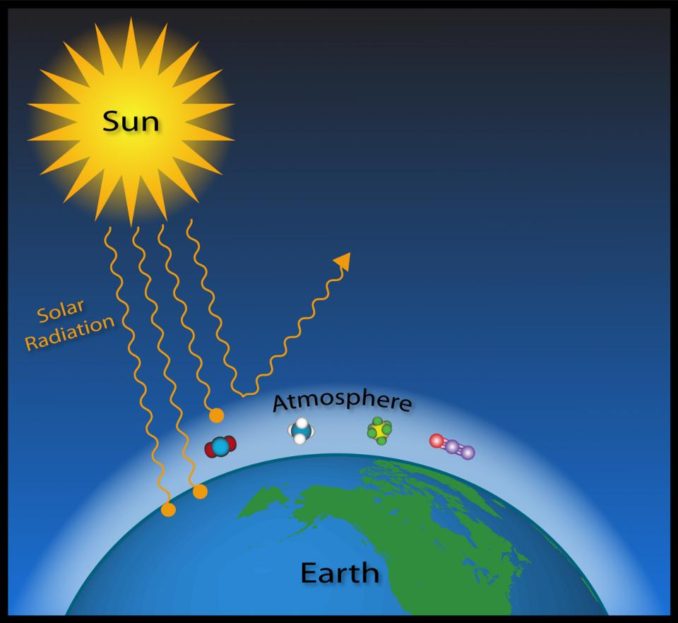
Greenhouse effect (Source: NOAA)
Finally, Dr IPCC began telling me about an infection of multicellular organisms called Homo sapiens that spread across my body between 60,000 to 125,000 years ago and ‘literally blossomed’ since about 11,000 years ago. I’d never heard of ‘humans’ but the Doctor insisted I get to know them.
Results
They’d not even scratched the surface regarding the background natural variability stuff but as my appointment was only an hour, Dr IPCC moved straight on to explaining my test results.
The full results can be found here but to make life easier, here’s the summary report:
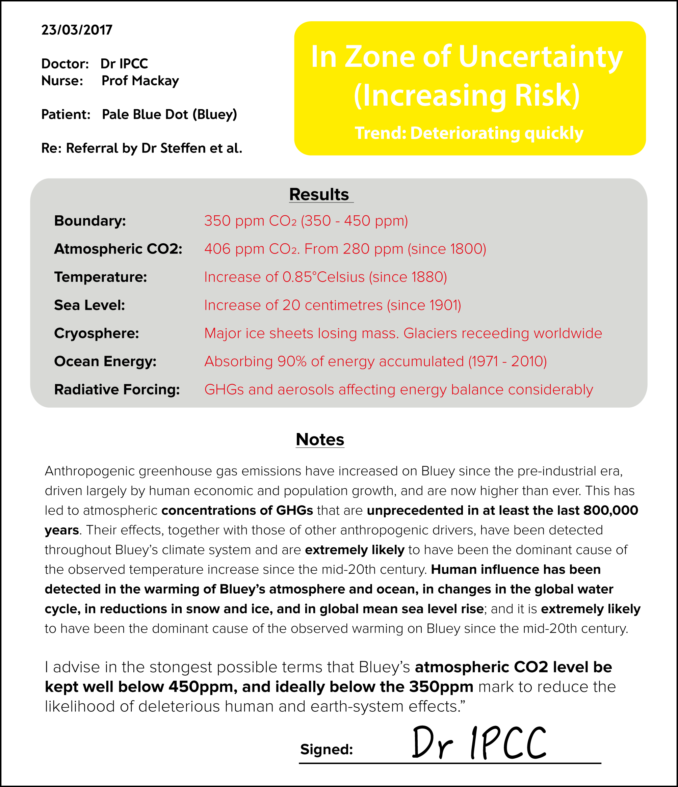
Medical Report 1 – Anthropogenic Climate Change
So many questions. Who ‘on earth’ were these humans? Why are they adding more clothes (GHGs) to me? Is it bad to have a temperature? Just glancing at the results—and the rates of change over such a cosmologically insignificant time frame—it appears my temperature is about to increase even more. I’m not overly worried yet though; nothing I haven’t coped with before. And besides, I’m always changing… albeit a bit slower than this ‘great acceleration’.
There were plenty of facts to digest, and many more to research. Dr IPCC helped immensely though, explaining that as I visited other specialists about my ‘planetary boundaries’, I’d learn more about this specific problem.
There was, however, one burning question I had to clarify with Dr IPCC before I left. Rumours had recently surfaced from deep space—near the ‘Willie White’ constellation—about how Sunny had been “flaring up”. Could this be the reason for my temperature? Dr IPCC was impressed with my question but immediately pointed to the empirical data that indicated otherwise. She told me science can never be 100 percent certain, but:
“Based on multiple independent analyses of measurements from radiosondes and satellite sensors it is virtually certain that globally the troposphere has warmed and the stratosphere has cooled since the mid-20th century”
All this technical language including something about a ‘thermodynamic fingerprint’ had gone straight over my head but Dr IPCC—being Dr IPCC—seemed to know that before I did. Plucking a folder from the shelf, she pulled out a diagram labelled ‘Bluey’s Radiative Forcing’.
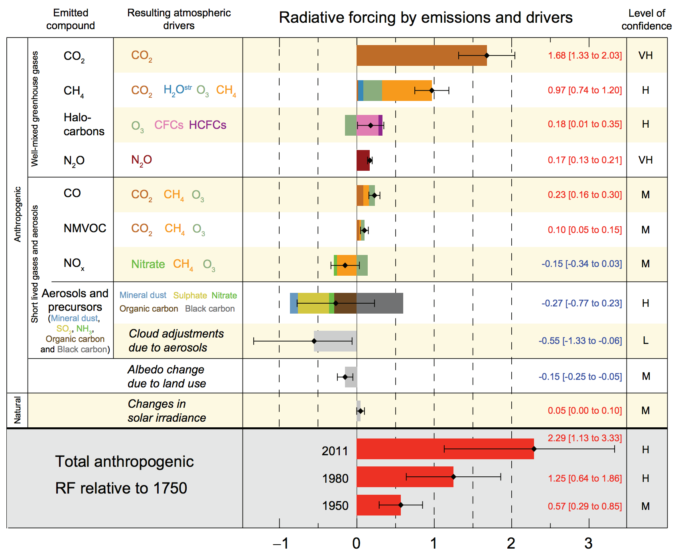
Radiative forcing relative to 1750 (W m−2) (Source: IPCC)
Was Dr IPCC an even better communicator than Doc? When she offered to send me a video (below) to help corroborate her answer, my answer could only be yes. She was—after all—much more worldly.
Next task? I was off to the library to research these humans.
Yours always,
Bluey
